


Supported by



The Key Statistics
As per German Watch , Asia is the most affected region from weather-related loss events from 1999 to 2018. Millions of poor people on the continent face multiple, overlapping climate hazards such as heatwaves, floods, drought and landslides impacting their health, well-being and livelihoods. Being home to many of the world’s Low and Middle Income countries, healthcare facilities serving vulnerable communities need to be strengthened and made future ready in a sustainable, people-centric way.
Healthcare facilities themselves make up 4.4% of global net emissions (2 gigatons of carbon dioxide equivalent) accordion to the 2019 report by Healthcare without Harm in partnership with Arup. The lion’s share of these emissions (71%) derives from the health care supply chain (Scope 3) through the production, transport, and disposal of goods and services, such as pharmaceuticals and other chemicals, food and agricultural products, medical devices, hospital equipment, and instruments.

Wicked Problems
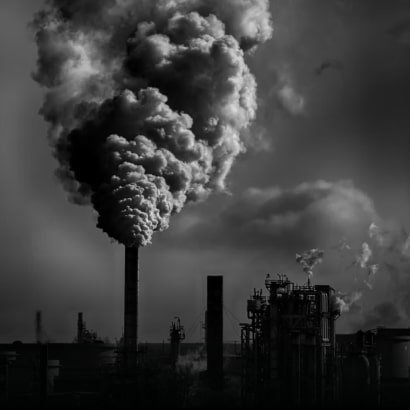
India - the world's 3rd largest GHG emitter (high across the health and food systems), ranked 172 in the environmental health category, however only half per capita.
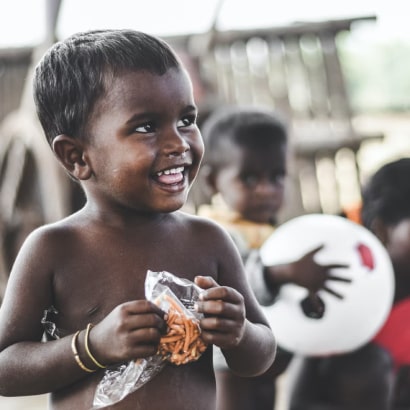
Climate change contributes to increasing heat-related health effects, vector-borne diseases, malnutrition and related health disorders such as child stunting -the vulnerable most severely affected.Child stunting projected to increase by 35% by 2050 compared to a scenario without climate change.
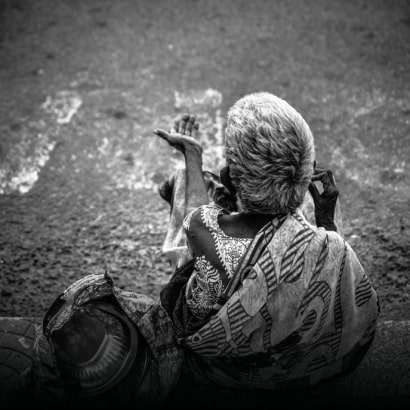
Climate change related disruption and displacement disproportionately affect the marginalized and the vulnerable.

World food prices are on incline due to growing populations and rising incomes, with greater demand for biofuels now than ever.Without climate change,average rice yields could have been almost 6% higher.
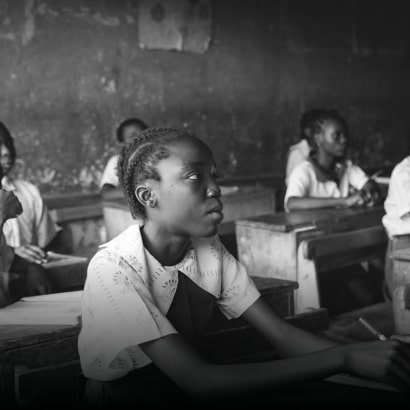
Impact measurement frameworks are inadequate and do not reflect tangible outcomes. Evidence linking climate change to increased vulnerabilities and risks to already vulnerable groups is largely inadequate.
Why Now?
India has made some progress in its climate action, and made some climate action pledges.
-
India has made some progress in its climate action, and made 5 climate action
pledges at the COP26 climate summit:
- To achieve Net zero carbon emissions by 2070.
- To get half its energy requirement met through renewable energy by 2030.
- To reduce total projected carbon emissions by one billion tonnes by 2030.
- To increase non-fossil capacity to 500 gigawatt by 2030.
- To reduce the economy’s carbon intensity to < 45% by 2030.
- But promises cannot be met by the government alone and “It is Everyone’s Responsibility”.
- Powerful momentum @ the #COVIDActionCollab has spurred our energies to launch this alliance.

Why Us?
-
As a social impact platform of six organizations, the Catalyst group
prioritizes the health and well being of the most vulnerable.
- Been active in the social impact space for over 25 years.
- Extensive experience in responding to humanitarian emergencies and fostering collaborative action.
- Multiple domain strengths and organizational formats to support diverse types of investments.
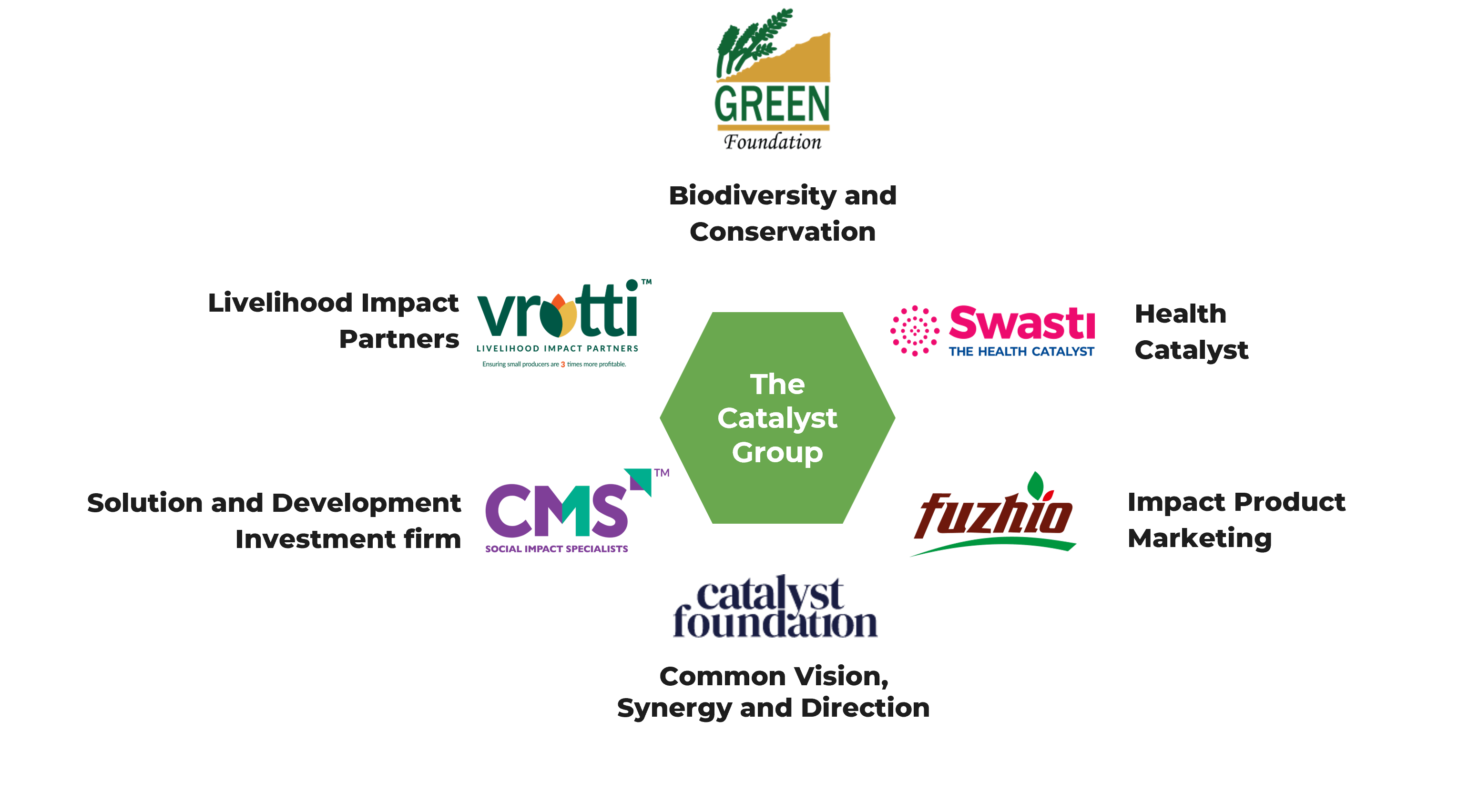

-
COVIDActionCollab(CAC) is a people centric, partnership led multidisciplinary
collaborative that supports the most vulnerable to survive and thrive during
humanitarian crises (like COVID-19).
- Recognized by World Economic Forum, CAC currently networks 323 Partners (and growing) across 36 States & UTs, i.e., Pan-India presence (712/741 districts) with 3 million Vulnerable Population (VP) reached with an ambition of 10 million VP to be reached.
- Since March 2020, #COVIDActionCollab powered by its diverse and determined set of partners across India, has been working tirelessly to reach the unreached. The numbers are milestones along our journey of on-ground initiatives.













